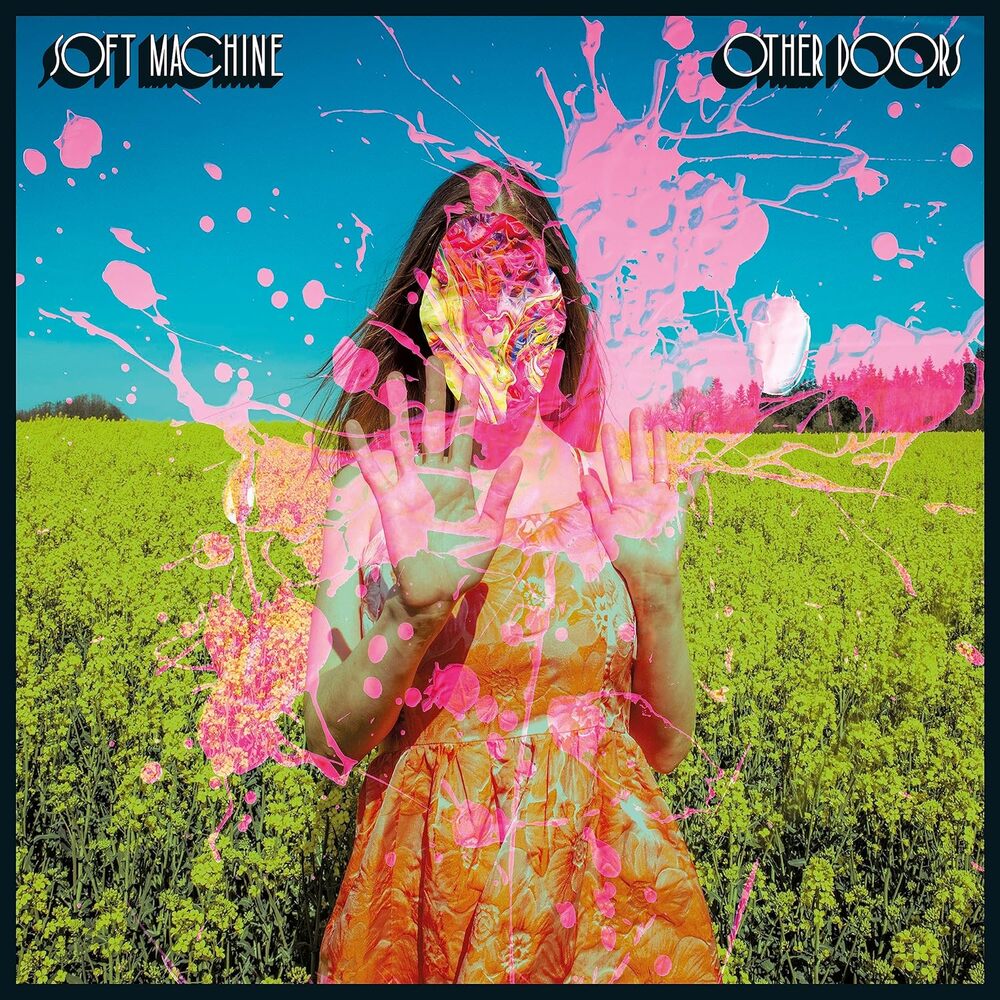 |
Country: Croatia
Style: Psychedelic Rock/Jazz Fusion
Rating: 8/10
Release Date: 14 Mar 2024
Sites: Bandcamp | Facebook
Opening up a prog rock album with horsehead fiddle and throat singing is a plus for me, though it does sound rather like an orchestra warming up. Then again, that may be the point because this is just a quick seventy second intro. Masquerade, the first track proper, leaps headling into a wildly different vibe with a psychedelic guitar solo at the top of the mix and right in our face. A minute in, it steps back and we're in strange territory, appropriately so for prog rock. The drums are pure jazz. The guitar morphs into an exploring synthesiser. And then the throat singing returns as an overlay.
It's an interesting approach that reminds a lot of jazz fusion, because it's generally instrumental, that throat singing apart. However, it's clearly ethnic and I don't believe Mongolia is particularly known for its jazz fusion. The guitar is very prominent too, so loud in the mix and so psychedelic I'd almost call this stoner rock, a tag that is indeed listed on the album's Bandcamp page, along with avant-garde and alternative. Jazz and fusion aren't there, though, and there's no mention of this world music flavour either. Tellingly, progressive rock doesn't show up there either, so I'll think of it as psychedelic jazz fusion instead.
That world music changes as the album progresses, the contributions of Javier Morales left in the openers and the didgiridoo of Michele Fortunato only lasting into Deceptive Delirium, where the Mongolian flavour is replaced by the plaintive trumpet of Josué Garcîa. Ascent into Illusion turns to the saxophone of Vedran Momčilović to be its lead instrument and adds some weird percussion that sounds like woodblocks. The result is a sort of acoustic industrial jazz fusion track that I can't leave alone. After all the exploration of the earlier songs, this one feels repetitive and pounding, but it works wonderfully for me. Even at over six minutes, I didn't want it to end.
I should mention that every name I've mentioned thus far appears to be a guest, because they all show up for one or maybe two tracks and leave again. The band is a duo at heart, with Aleksandar Vrhovec playing guitar, bass and those idiosyncratic synths that tend to sound rather like a swarm of musical bees, and Linda-Philomene Tsoungui contributing drum loops. Of course, that's not the typical make-up of a duo, hence quite the list of guests. Looking back through their Bandcamp at earlier albums, it seems like there have been more traditional line-ups. Vrhovec is at the core of whatever they do.
In whatever form they've held, they seem to be prolific, this being their eleventh album since 2018 with six of those arriving between February and July 2021, one a month like a magazine. Those all seem to have a different mindset, most of them longer than this album but often boasting only a single track and never more than three. This batch of seven shorter pieces isn't typical for them, a twelve minute closure called Epiphany's Exposure notwithstanding. That length pales when faced off against the forty-one and a half of Terra, the only track on the album of the same name.
I haven't heard any of those earlier albums, but each piece of music here has its own character, an overall psychedelic jazz fusion feel throughout but explored in different ways each time, not least through a succession of dominant instruments, the Les Claypool-esque funky bass riff in Pinnacle of Illusion following the respective guitar, trumpet and sax of the first three tracks. The other pieces are less memorable for being ensemble works, though Epiphany's Exposure does find some focus during a squealing saxophone dominated second half when Sebastian Lopez finds the spolight. Until then, it was more of a Frank Zappa orchestral piece.
It took me a moment to understand what Grinded Grin were doing here, but I got on board pretty quickly and I find that I like this album a lot. Jazz fusion is a coin flip for me, as I find that I dislike as many albums as I like. It's a genre that can get very indulgent. However, it's also often led by a virtuoso guitarist and, while I cast no aspersions on Vrhovec's talents there, the spotlight shifts a lot here and rarely to the guitar. It becomes far more of a soundscape album, where Grinded Grin conjure up a new sound for a new track and hopefully take us to a new place. Like the Qilin album earlier in the week, this didn't transport me often but I appreciated those soundscapes anyway.
Now, how have I not heard of Grinded Grin before and which album in a bountiful back catalogue should I dive into next? After I dive back into the delightful Deceptive Delirium, of course. And Ascent into Illusion. And...











